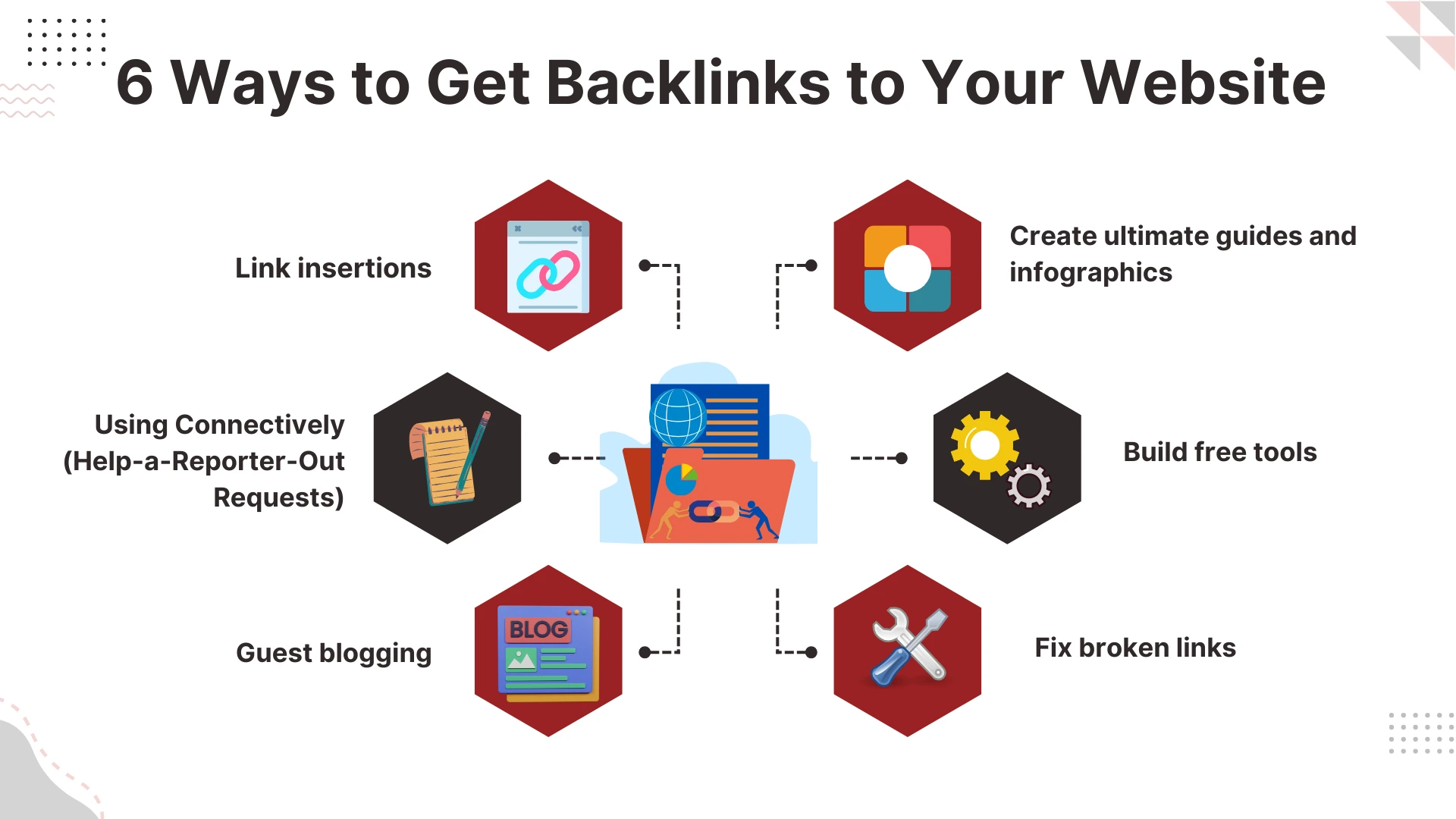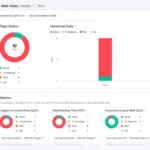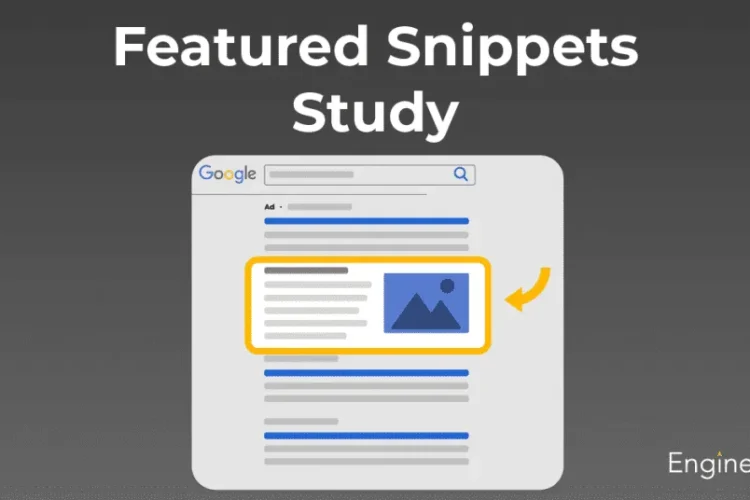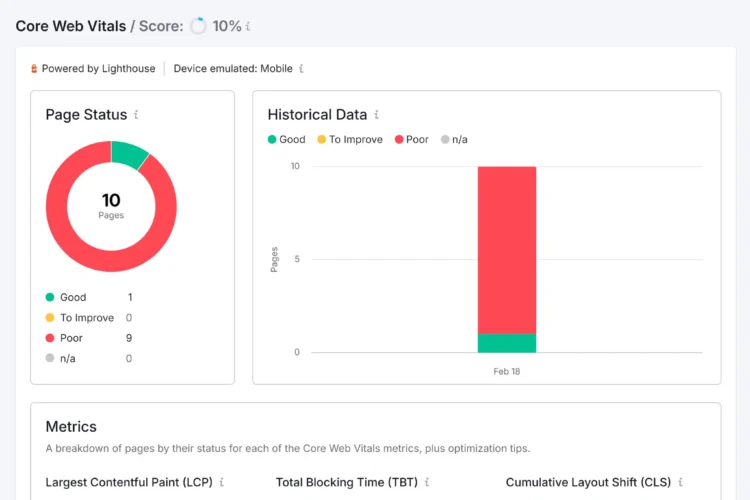
In the world of modern SEO, link building remains one of the most powerful strategies for improving search engine rankings. Backlinks, also known as inbound links, signal to search engines that your website is trustworthy, authoritative, and relevant. While content quality and on-page SEO are crucial, backlinks act as endorsements from other sites, boosting your website’s credibility in the eyes of Google and other search engines.
However, not all backlinks are created equal. High-quality backlinks from reputable sites carry far more weight than numerous low-quality or spammy links. Understanding how to build these links is critical for any successful SEO strategy.
Why High-Quality Backlinks Matter
- Improves Search Engine Rankings
Backlinks are one of the top ranking factors in Google’s algorithm. Websites with high-quality links from authoritative domains are more likely to rank higher for competitive keywords. - Drives Referral Traffic
Backlinks can bring targeted traffic from other sites. A well-placed link on a popular blog or news site can introduce your content to an entirely new audience. - Builds Domain Authority
When credible sites link to you, your domain authority improves. Higher authority increases trust with both search engines and users, enhancing overall SEO performance. - Strengthens Brand Visibility
Backlinks from industry-relevant sites help establish your brand as a thought leader, increasing recognition and trust among potential customers.
Strategies to Build High-Quality Backlinks
1. Guest Blogging on Relevant Sites
Writing high-quality, informative posts for reputable websites in your industry is one of the most effective ways to earn backlinks. Focus on providing value rather than just inserting links.
2. Create Shareable Content
Content that educates, entertains, or solves a problem is more likely to be linked by others. Examples include:
- Infographics
- Case studies
- Industry research and reports
- Comprehensive guides and tutorials
3. Outreach to Influencers and Bloggers
Reach out to industry influencers, bloggers, and content creators with personalized messages. Offer them valuable resources or content that they might want to reference on their website.
4. Broken Link Building
Identify broken links on relevant websites and suggest your content as a replacement. This is a win-win strategy: the website fixes a broken link, and you earn a backlink.
5. Leverage Social Proof and Testimonials
Providing testimonials for products or services you use often leads to backlinks when the company features your quote on their site.
6. Collaborate on Content
Joint content projects, such as interviews, podcasts, or co-authored articles, are excellent opportunities for natural backlink acquisition.
7. Monitor Competitor Backlinks
Analyze the backlinks of top competitors using tools like Ahrefs or SEMrush. Identify opportunities where you can replicate or improve upon their link-building efforts.
Our Services SEO Services in Varanasi | SEO Services in Kolkata | SEO Services in Ayodhya | SEO Services in Hajipur
Key Takeaways
- Quality over quantity: A few high-authority backlinks are better than dozens of low-quality links.
- Relevance is key: Backlinks from sites in your niche carry more SEO value.
- Natural linking matters: Avoid spammy tactics that could result in Google penalties.
- Continuous effort: Link building is ongoing; consistent outreach and content creation are essential.
FAQs About Backlink Building
1. Can internal links impact SEO similarly to backlinks?
Internal linking helps search engines understand site structure and spreads link equity across pages, but it does not carry the same authority as backlinks from external sites.
2. How long does it take for backlinks to affect rankings?
It varies depending on domain authority, competition, and link quality. Some backlinks may impact rankings within a few weeks, while others can take months to show noticeable results.
3. Are follow links more valuable than nofollow links?
Yes. Follow links pass SEO value (link equity) to your site, improving rankings. Nofollow links primarily drive referral traffic and can still help diversify your backlink profile.
4. Can social media links improve SEO?
Directly, social media links are mostly nofollow, so they don’t pass link equity. Indirectly, social sharing increases visibility and the chances of getting organic backlinks from authoritative sites.
5. Should I remove bad backlinks?
Yes. Links from spammy or irrelevant sites can harm your SEO. Use the Google Disavow Tool to prevent these links from affecting your rankings.
6. Is it better to focus on quantity or quality of backlinks?
Quality is far more important. A few backlinks from high-authority, niche-relevant sites outperform dozens of low-quality links that could even harm your SEO.
Conclusion
High-quality backlink building remains a cornerstone of modern SEO success. It’s not just about improving rankings but also about building authority, credibility, and brand visibility. By focusing on relevance, quality, and natural acquisition methods, businesses can achieve sustainable SEO growth.
Investing in backlink strategies today ensures your website stays competitive and authoritative in the ever-evolving digital landscape.





